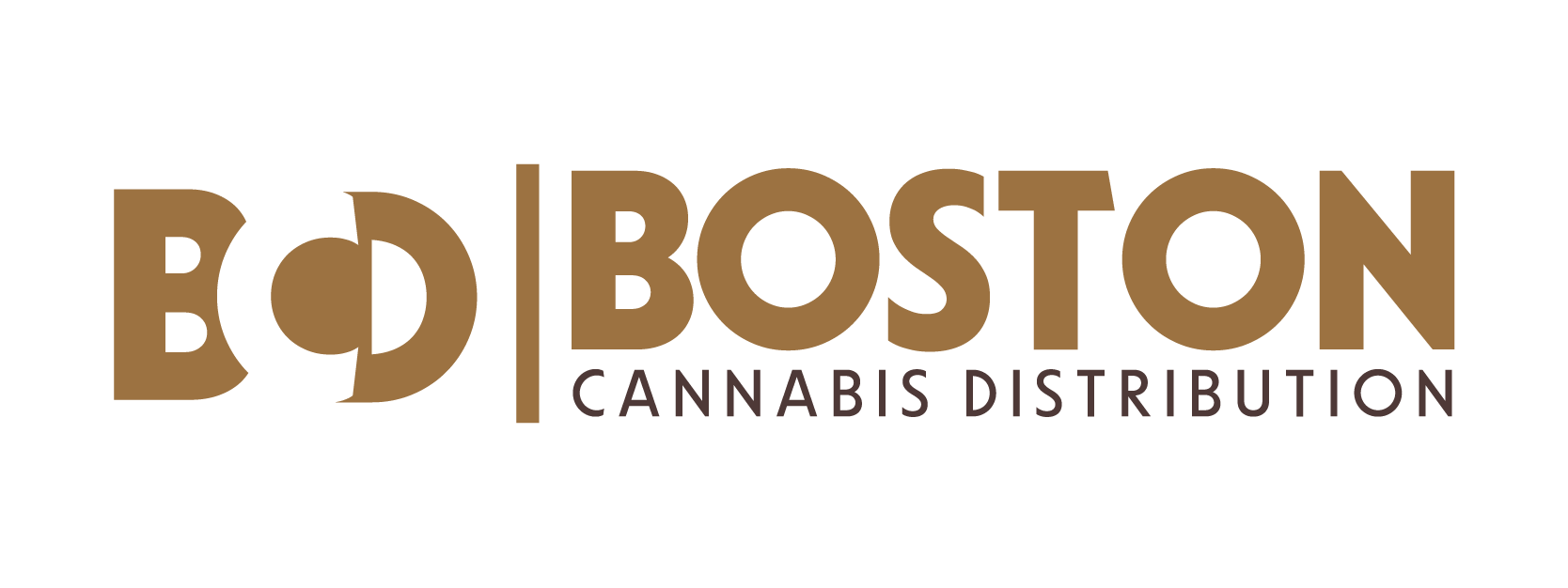In Boston, cannabis distribution models differ depending on whether a company operates in the medical or adult-use (recreational) space. While adult-use operators benefit from a more flexible, license-specific model, medical providers are still bound by vertically integrated requirements—though this may soon change.
Medical Cannabis: A Vertically Integrated Mandate
Medical Marijuana Treatment Centers (MTCs) in Massachusetts are required by law to operate as vertically integrated businesses. This means each center must cultivate, manufacture, and sell its own cannabis products under a single license. The system was originally implemented to ensure product consistency, patient safety, and regulatory control.
However, maintaining this model comes with steep operational costs. From facility expenses to regulatory compliance and staffing, the burdens often outweigh the benefits for smaller operators. Over the years, these pressures have led to business closures and reduced patient access across Boston and the broader Massachusetts medical cannabis landscape.
Adult-Use Cannabis: License Flexibility and Third-Party Distribution
In contrast, Boston’s adult-use cannabis businesses are not required to vertically integrate. Instead, the state allows separate licenses for cultivation, manufacturing, retail, delivery, and transport. This means businesses can choose to specialize, creating opportunities for third-party distributors to participate in the supply chain.
This separation of roles has led to a more dynamic market, where partnerships between cultivators and retailers can thrive. It also supports business diversity by allowing entrepreneurs to enter the industry without managing every aspect of production and sales.
Do Operators Have a Choice?
- Medical cannabis licensees must follow a vertically integrated model. They do not have the choice to outsource or specialize in one area.
- Adult-use operators are allowed to select specific license types and are not required to vertically integrate.
This split system is unique but has prompted calls for reform—especially among medical cannabis advocates and small business owners.
Reform on the Horizon?
In early 2025, Massachusetts lawmakers passed a bill in the House that would remove the vertical integration requirement for medical dispensaries. If enacted, medical operators could shift to a more modular, retail-focused approach similar to adult-use models. This legislation still awaits approval from the Senate and the governor.
Advocates believe this change could dramatically improve access and affordability for patients in Boston and provide more entry points for small operators looking to serve the medical market.
Impact on Boston’s Market
Today, the city’s cannabis businesses are split between these two operational models. For medical providers, the burden of vertical integration continues to present challenges. Meanwhile, recreational cannabis companies enjoy more strategic freedom, including access to third-party distributors and delivery services.
If the proposed legislative changes pass, Boston could see a new wave of independent medical retailers, reduced costs, and enhanced consumer access.
Key Takeaways – Distribution Models in Boston
- Medical Cannabis:
- Must be vertically integrated (cultivation, manufacturing, and retail combined).
- No flexibility to operate under separate licenses.
- Reform is pending to allow stand-alone retail operations.
- Adult-Use Cannabis:
- Vertically integrated operations are optional.
- Businesses can specialize by license type (e.g., just retail or cultivation).
- Third-party distribution is legal and growing.

